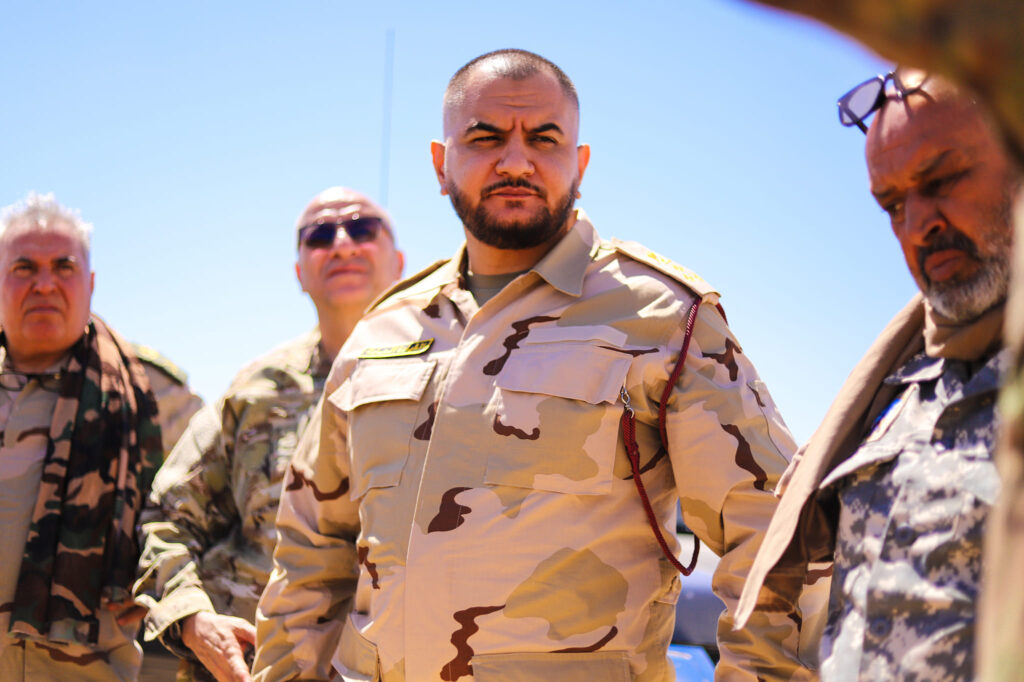A delegation from the Libyan National Army visited the country’s oil fields in southern and central Libya to emphasize the importance of maintaining security and stability in the region, and to prevent any negative impact from the security situation in neighboring Sudan.
The Libyan National Army’s delegation visit to the oil fields, accompanied by the Petroleum Facilities Guard Commander and other military leaders. pic.twitter.com/2vuGJoFSUR
— The Libya Update (@TheLibyaUpdate) May 3, 2023
The Libyan National Army #LNA conducts military desert patrols to secure and monitor the borders with #Sudan.
The #Libya Update pic.twitter.com/fjDIKqkK1l
— The Libya Update (@TheLibyaUpdate) May 1, 2023
Most of Libya’s oil fields and ports are located in the eastern central and southern regions of the country, many are close to the border with Sudan. These fields produce oil and export it to the country’s northern ports, which then distribute it to global markets. Brigadier General Saddam Khalifa Haftar, one of the most powerful military figures in the military establishment, oversaw the security operation in the oil fields and emphasized the need to secure oil production and prevent any security breaches or disruptions in the process of producing and exporting oil to global markets.
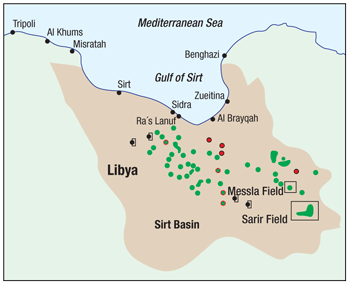
A statement from the LNA Media Office said that the delegation from the Libyan National Army, led by Brigadier General Saddam Haftar, visited the oil fields accompanied by the Petroleum Facilities Guard along with other military leaders, including Colonel Omar Amraja, Colonel Hassan Moutouk Al-Zadma, Brigadier General Ahmed Salem, and Brigadier General Naji Al-Maghrebi. The delegation inspected the oil fields and assessed the security situation, finding that all sites were in good condition and operating well.
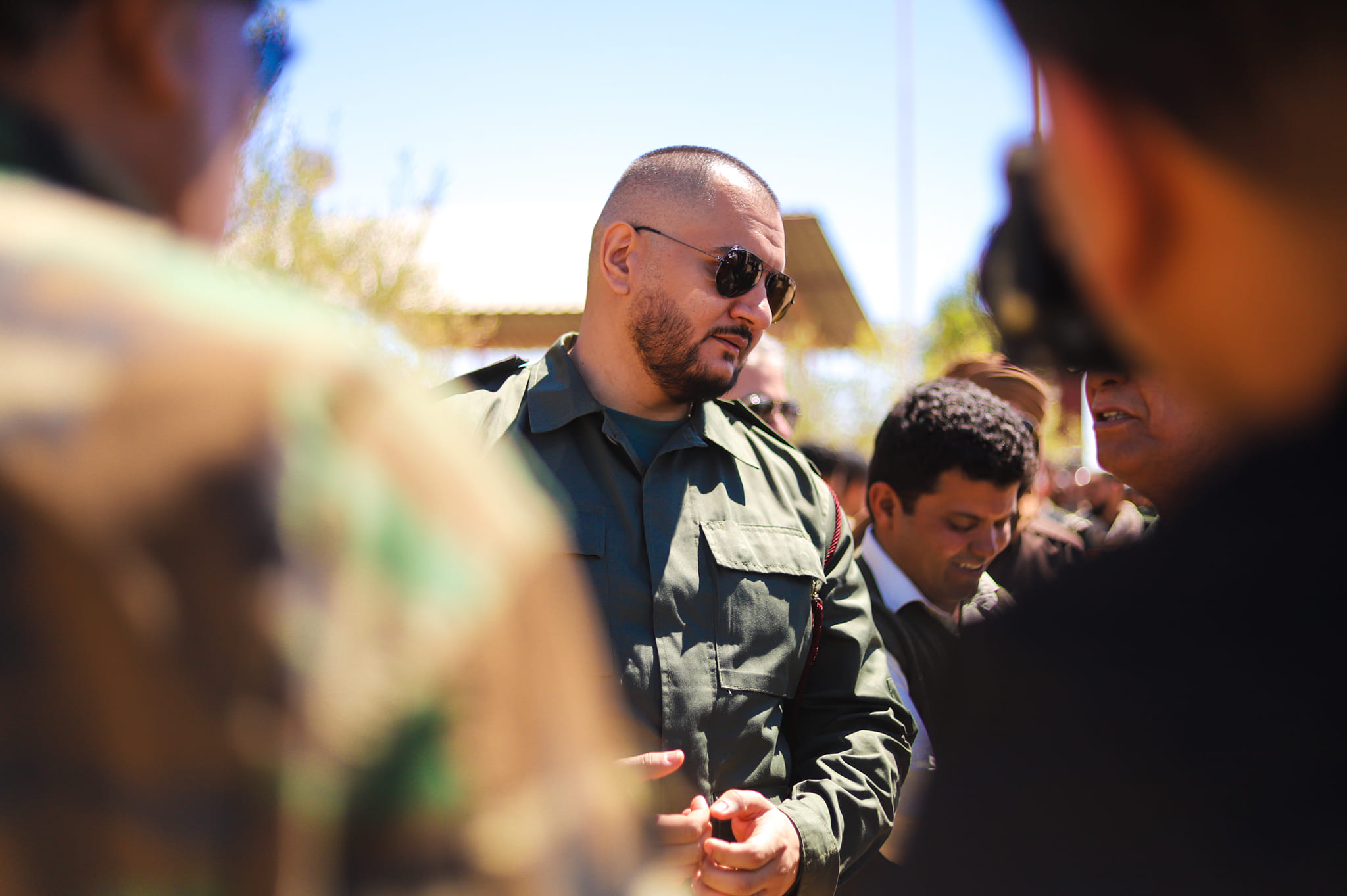

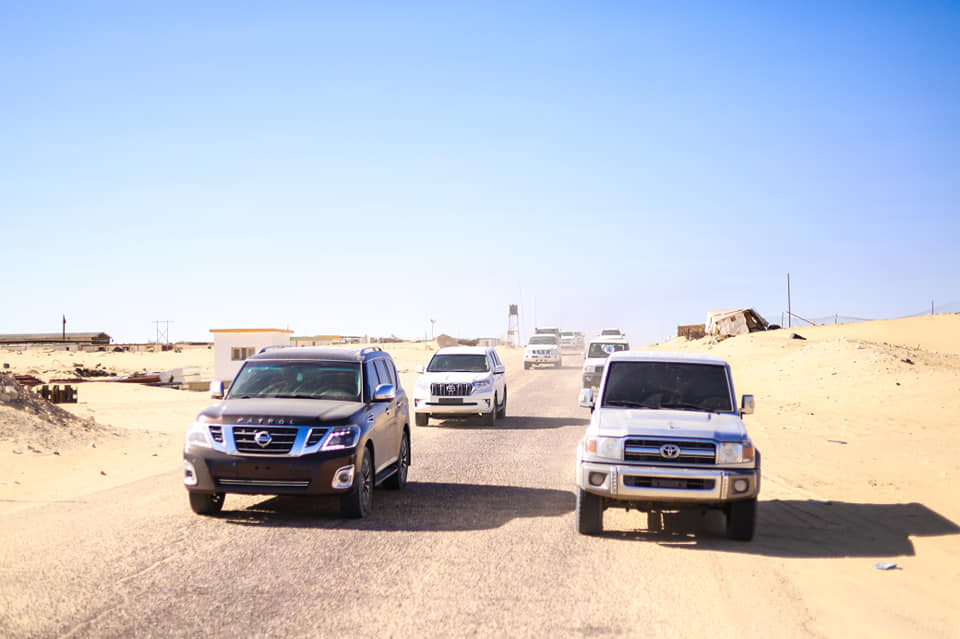
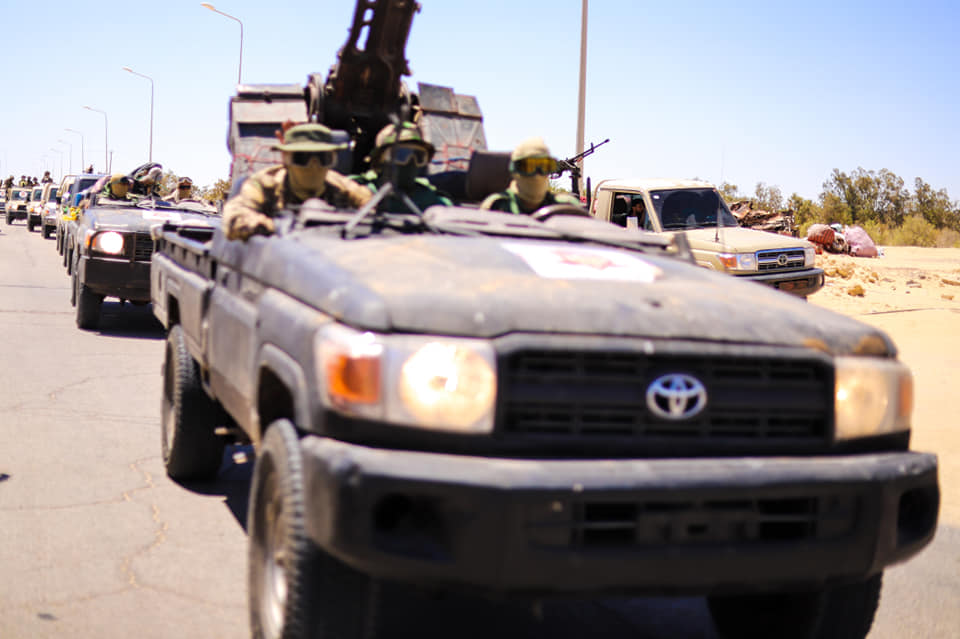
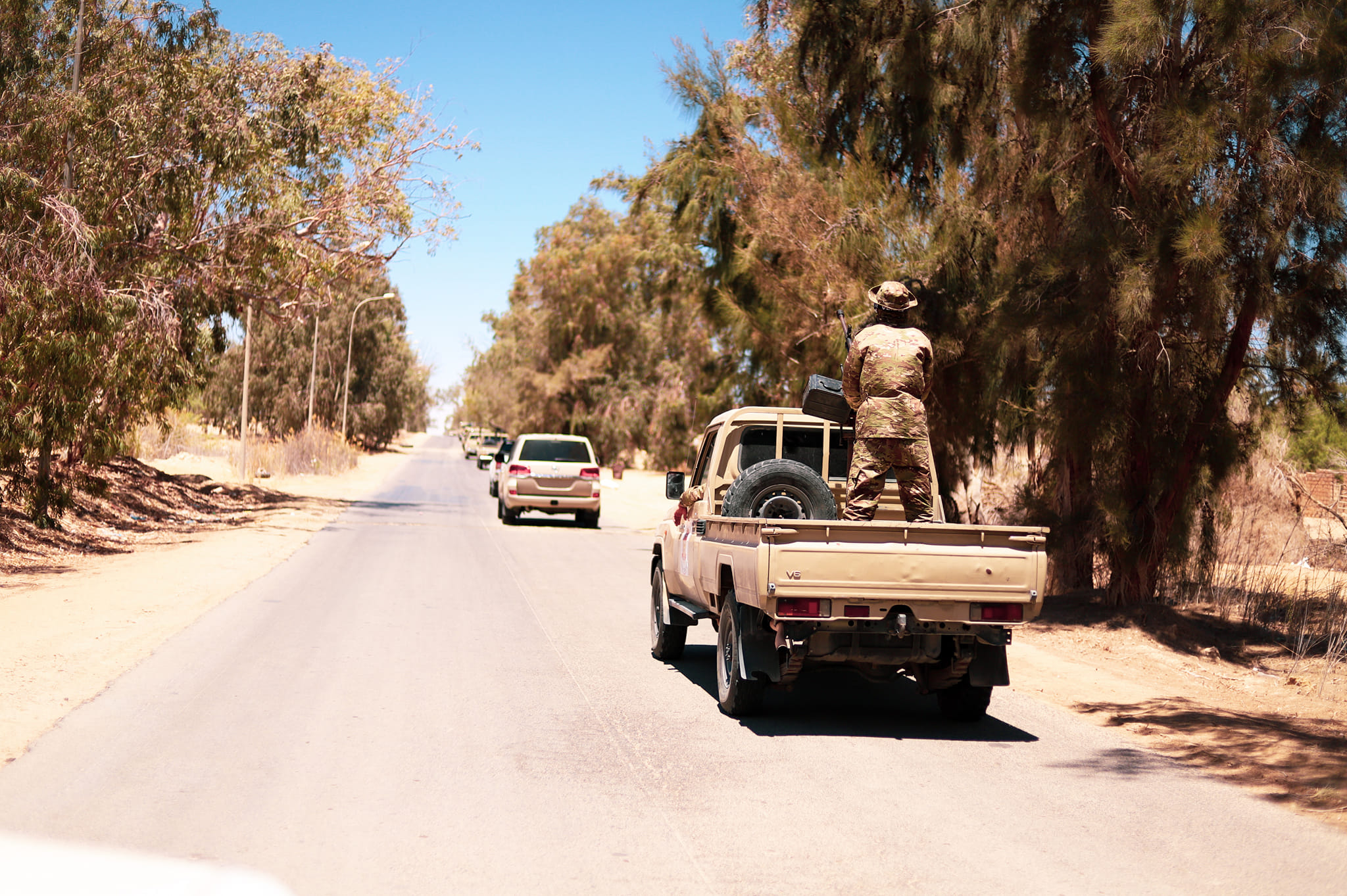
Jabril Ouhaida, a member of the Libyan House of Representatives from the city of Kufra, which is close to the borders with Sudan, warned that if the conflict in Sudan continues, neighboring areas could become hotbeds of criminal activity, as they have in the past. “This could have negative implications for Libya, including increased human trafficking, drug trafficking, and fuel smuggling,” he added.
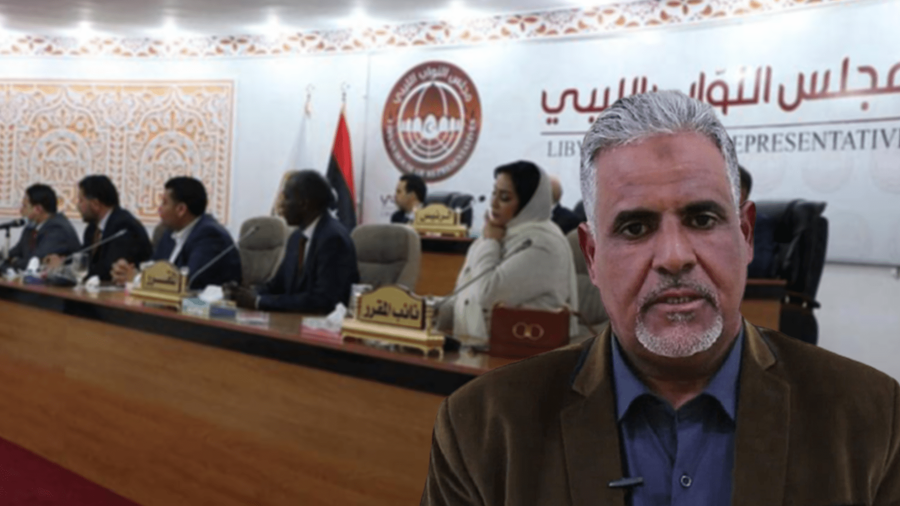
The visit by the Libyan National Army delegation is a proactive step to prevent any negative impact from the security situation in Sudan on Libya’s oil production and exports, as well as on the trafficking of illegal goods and people across the vast desert regions between the two countries.
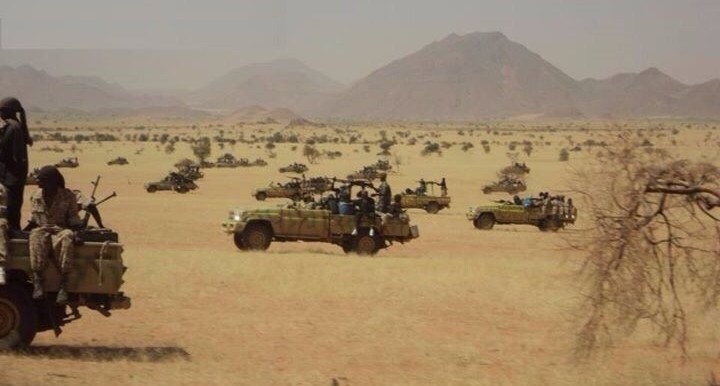
The visit has also been noted as highlighting the ongoing challenges that Libya faces in maintaining security and stability. It has been suggested that continued efforts are necessary to address these challenges. The international community has been called upon to support the people of Libya and work towards finding a lasting solution to the conflict.
DCIM Cyrenaica increase security patrols on borders with Sudan
